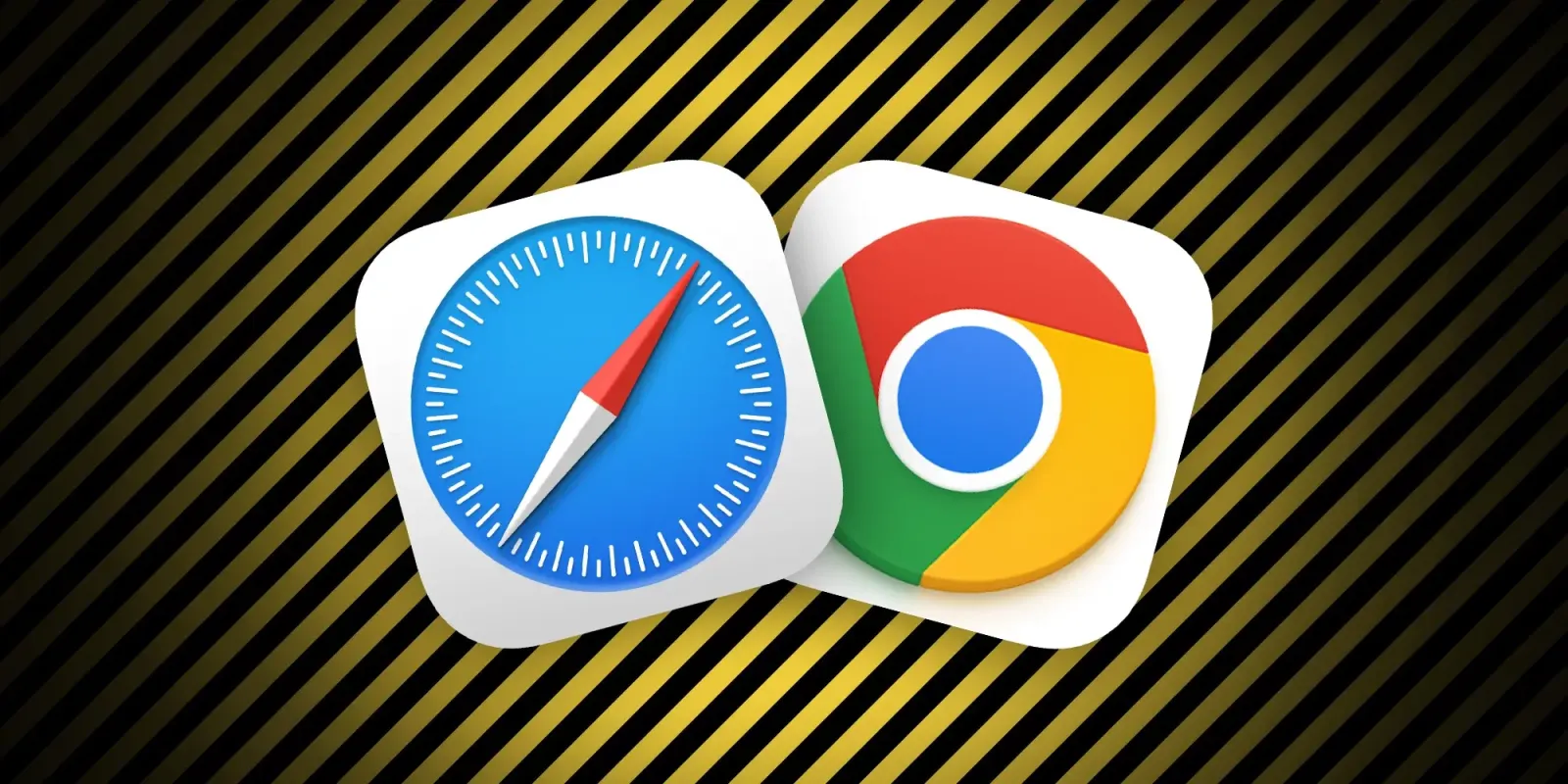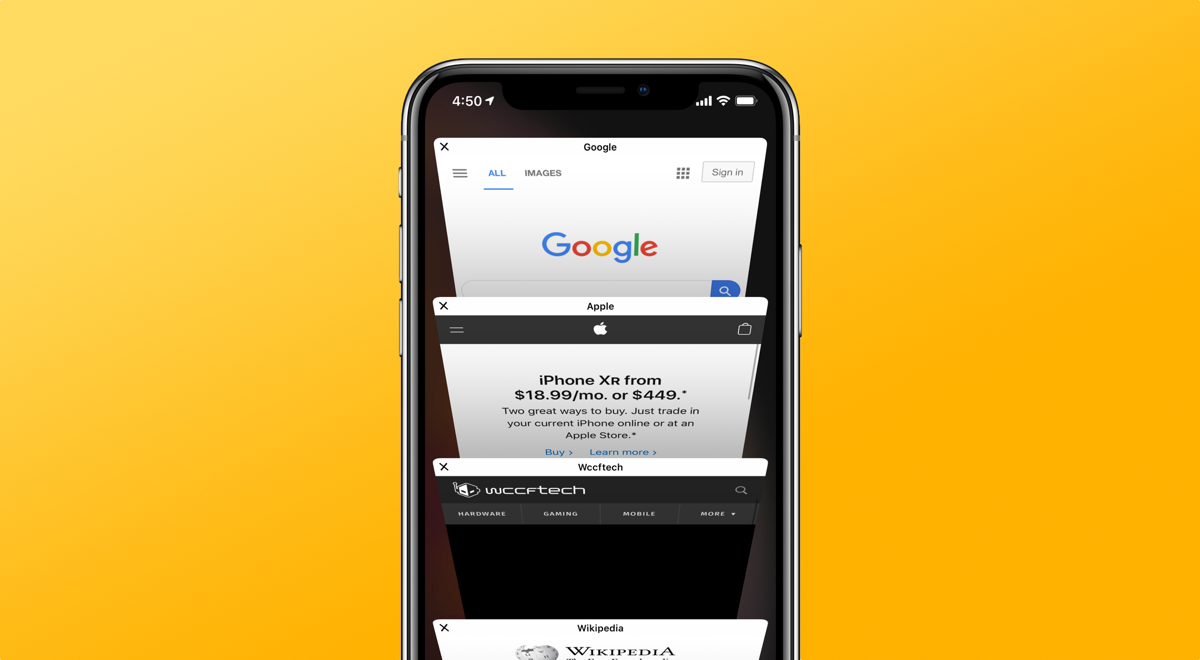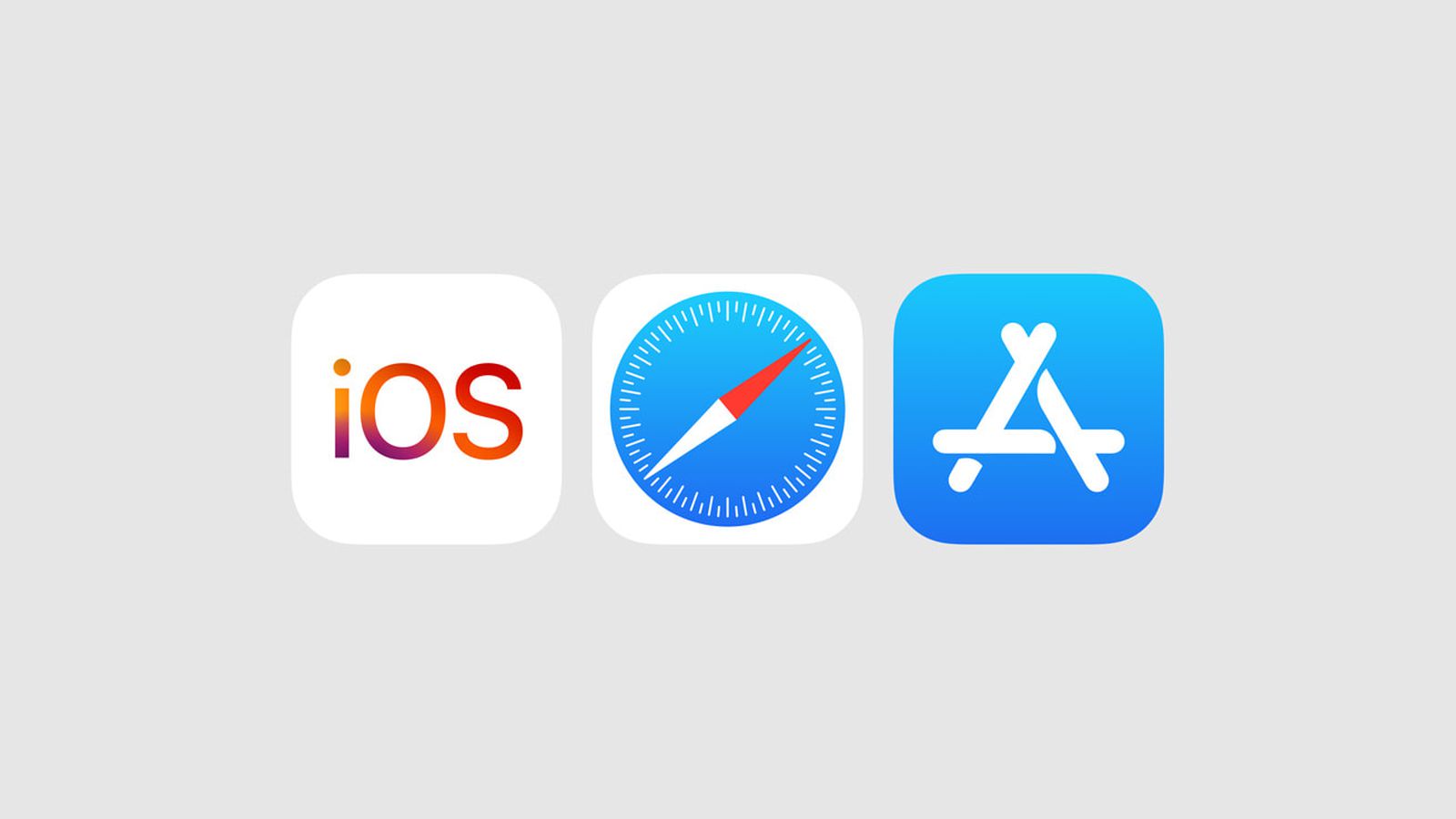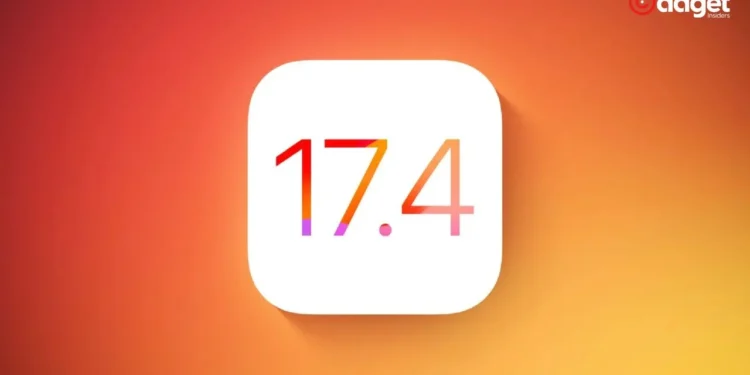In a groundbreaking move, Apple has announced the iOS 17.4 update, signaling a significant shift in its approach to third-party browsers. With this update, iPhone users will no longer find Safari as their default browser, marking a departure from a long-standing Apple tradition. This change is not just a mere update; it’s a revolution in how iPhone users will experience the web.

iOS 17.4 Update: The Dawn of Browser Choice on iPhone
Breaking the Safari Monopoly
Apple’s latest, iOS 17.4 Update, has sent ripples across the tech community. As we speculated earlier, this update aligns with the requirements of the European Union’s Digital Markets Act. The act mandates tech giants to provide more flexibility and choice for users, and Apple’s deadline for compliance is March 6. iOS 17.4 isn’t just a routine update; it’s Apple’s commitment to adapting to global digital market regulations.
A New World of Browsing Options
No Safari is not getting discontinued, however, users will have choices for browsers once they install the iOS 17.4 Update on their iPhones. With the introduction of iOS 17.4 Update, users can now select their preferred browser from an array of third-party options. This is a significant leap from the previous iterations where Safari reigned supreme. Users can now choose from popular browsers like Chrome, Firefox, Opera, and Microsoft Edge with Safari. This change mirrors the flexibility already available to Mac users, who have long enjoyed the freedom to choose their default browsers.
Beyond Safari: Embracing Third-Party Browsers
The Shift to Third-Party Browser Engines
A notable aspect of this update is the allowance for third-party browsers to operate with engines other than Apple’s WebKit. This move is a game-changer, as it diversifies the browsing experience on iPhones, breaking the monopoly of the WebKit engine. Users can now expect a wider variety of features, improved performance, and enhanced security options, depending on their browser choice.

Balancing User Choice with Privacy and Security
Although it has opened its platform to browsers developed by third parties, Apple continues to be dedicated to protecting the privacy and security of its users’ data. Additionally, to guarantee that the enlarged browser options do not violate these fundamental principles, the corporation has implemented some restrictions. This delicate balancing act exemplifies Apple’s commitment to both the advancement of technology and the protection of its customers.
iOS 17.4 in the EU will include support for:
• 3rd party browser engines
• 3rd party app stores
• Sideloading
• Alternative in-app payment methods for all apps
• 3rd party Wallet apps
• Usage of the full NFC technology on EEA countriesMore: https://t.co/FrqVodevYP
— iSoftware Updates (@iSWUpdates) January 25, 2024
App Store Evolution Alongside Browser Changes
Expanding the App Ecosystem
The changes in iOS 17.4 Update extend beyond browsers. The App Store itself is undergoing significant transformations, with more applications, like Epic’s Fortnite, becoming available through alternative platforms. This expansion represents a more open and diverse app ecosystem for iPhone users.
The Early Stages of a Major Update
It’s important to note that iOS 17.4 is currently in its beta phase. This means that while the core changes are set, there may be additional updates and refinements before the final release. Apple’s commitment to continuous improvement suggests that the best is yet to come.

iOS 17.4 Update: A New Chapter for iPhone Users
The iOS 17.4 marks a pivotal moment in the history of the iPhone. It’s not just about offering more browser choices; it’s about Apple adapting to a changing digital landscape and embracing the principles of user choice and flexibility. As iPhone users eagerly await the final release, one thing is clear: the way we browse the web on our phones is about to change forever










